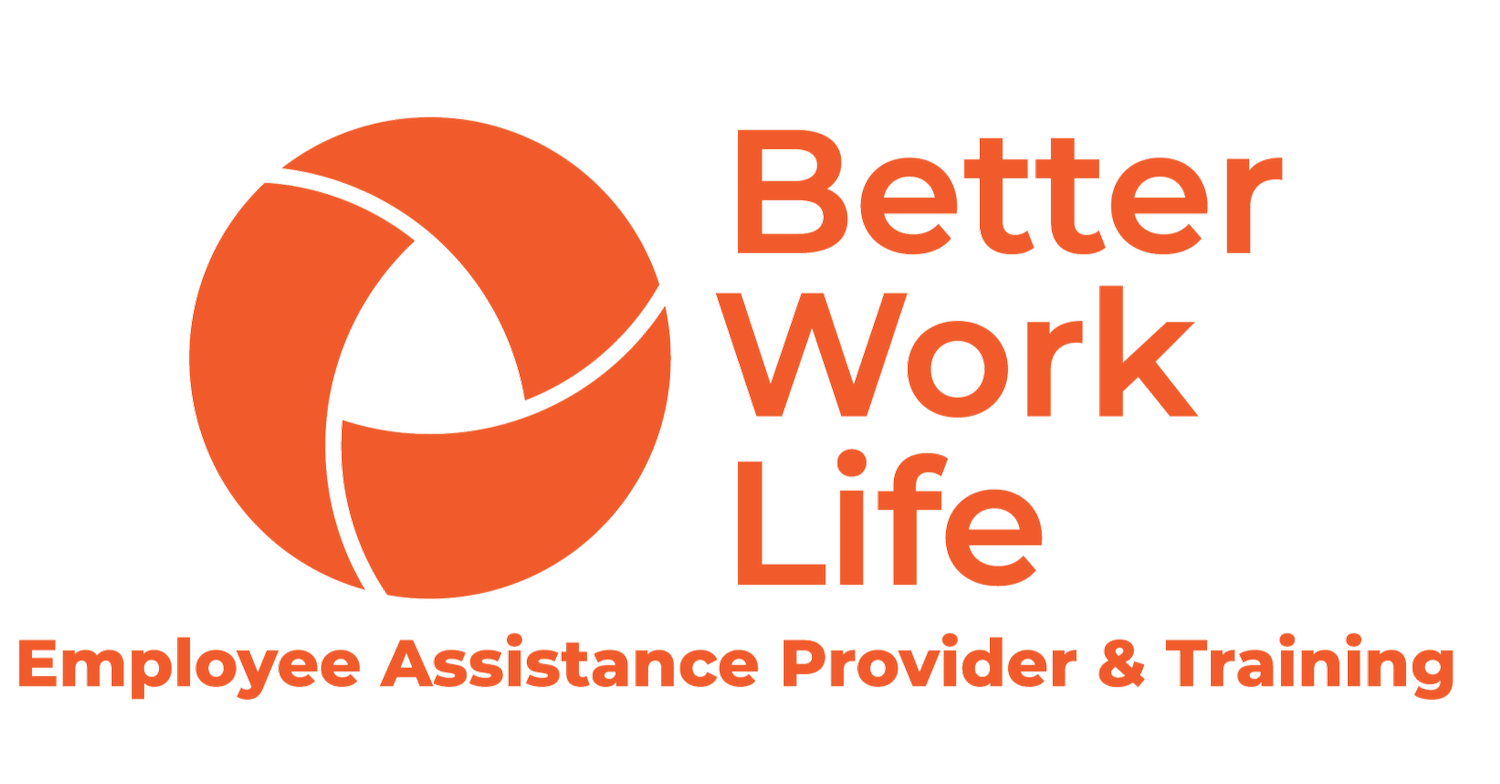Why is psychological safety training non negotiable?
Increased Employee Engagement: Teams with high psychological safety are more engaged. According to a study by Google, psychological safety is one of the most critical factors in team performance, leading to higher engagement levels.
Source: Google’s Project Aristotle (2016) - Google’s Research on Team Effectiveness
Enhanced Innovation: Psychological safety encourages team members to share ideas without fear of judgment, fostering a culture of innovation. Research by Harvard Business School found that teams with psychological safety are more likely to contribute creative solutions.
Source: Harvard Business Review - The Fearless Organization
Better Team Performance: A study published in the Journal of Applied Psychology indicates that psychological safety directly correlates with improved team performance and effectiveness.
Source: Journal of Applied Psychology (2016) - Psychological Safety and Team Performance
Reduced Employee Turnover: Organizations that foster psychological safety experience lower turnover rates. Research from Deloitte shows that employees are more likely to stay in a supportive environment where they feel safe to express themselves.
Source: Deloitte Insights - The Importance of Psychological Safety
Improved Mental Health: Psychological safety training can lead to better mental health outcomes for employees, as it reduces stress and anxiety. A study published in the American Psychological Association found that employees in psychologically safe environments report lower levels of psychological distress.
Source: American Psychological Association - Psychological Safety and Employee Wellbeing
Effective Communication: Training in psychological safety enhances communication skills, leading to more open and honest discussions within teams. Research from the Institute for Corporate Productivity (i4cp) shows that high psychological safety leads to better communication and collaboration.
Source: Institute for Corporate Productivity - The Impact of Psychological Safety on Communication
Increased Learning and Development: Psychological safety encourages a growth mindset, allowing employees to learn from mistakes without fear. A report from McKinsey & Company highlights that psychologically safe environments promote continuous learning.
Source: McKinsey & Company - The Role of Psychological Safety in Learning
Stronger Team Relationships: Teams with psychological safety foster stronger relationships, as members feel comfortable being vulnerable with one another. Research from Team Performance Management indicates that psychological safety enhances trust among team members.
Source: Team Performance Management - Trust and Psychological Safety
Greater Organizational Resilience: Organizations with high psychological safety are more resilient in times of change, as employees feel empowered to share concerns and adapt quickly. A study by Bain & Company found that psychological safety contributes to organizational agility.
Source: Bain & Company - Building Resilience through Psychological Safety
Enhanced Overall Wellbeing: Training that promotes psychological safety contributes to overall employee wellbeing, leading to lower burnout rates. Research from Gallup indicates that employees who feel safe at work are less likely to experience burnout.
Source: Gallup - The Relationship Between Psychological Safety and Burnout
